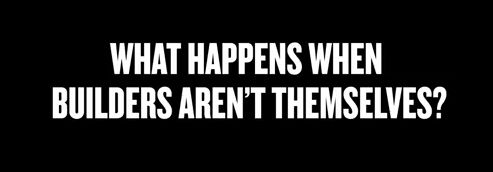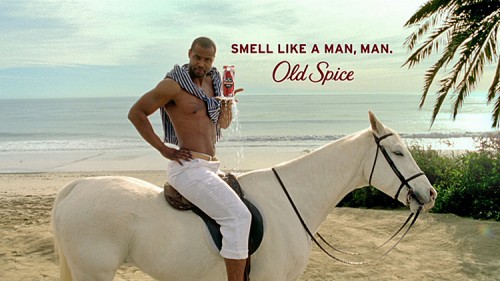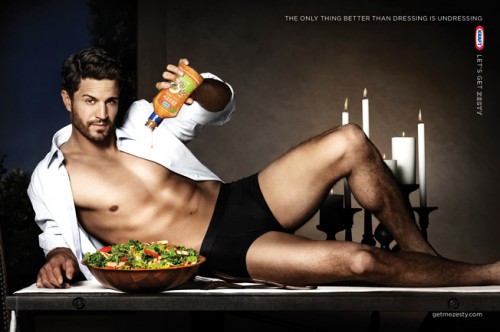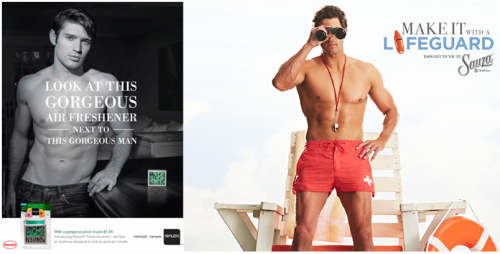Advertisements echo with many reverberations and overtones. Different people hear different things, and with all the multiple meanings, it’s not always clear which is most important.
This week Lisa Wade posted this Snickers ad from Australia. Its intended message of course is “Buy Snickers.” But its other message is more controversial, and Lisa and many of the commenters (more than 100 at last count) were understandably upset.
[youtube]https://www.youtube.com/watch?v=MqgjTZQiySw[/youtube]
The construction workers (played by actors) shout at the women in the street (not actors). “Hey,” yells a builder, and the woman looks up defensively. But then instead of the usual sexist catcalls, the men shout things like,
I appreciate your appearance is just one aspect of who you are.
And
You know what I’d like to see? A society in which the objectification of women makes way for gender neutral interaction free from assumptions and expectations.
The women’s defensiveness softens. They look back at the men. One woman, the surprise and delight evident in her smile, mouths, “Thank you.”
But, as the ad warned us at the very beginning, these men are “not themselves.”
Hunger has transformed them. The ad repeats the same idea at the end.
Here’s Lisa’s conclusion:
The twist ending is a genuine “fuck you” to the actual women who happened to walk by and become a part of the commercial… I bet seeing the commercial would feel like a betrayal. These women were (likely) given the impression that it was about respecting women, but instead it was about making fun of the idea that women deserve respect.
I suspect that Lisa too feels betrayed. She has bought her last Snickers bar.
My take is more optimistic.
In an earlier generation, this ad would have been impossible. The catcalls of construction workers were something taken for granted and not questioned, almost as though they were an unchangeable part of nature.* They might be unpleasant, but so is what a bear does in the woods.
This ad recognizes that those attitudes and behaviors are a conscious choice and that all men, including builders, can choose a more evolved way of thinking and acting. The ad further shows, that when they do make that choice, women are genuinely appreciative. “C’mon mates,” the ad is saying, “do you want a woman to turn away and quickly walk on, telling you in effect to fuck off? Or would you rather say something that makes her smile back at you?” The choice is yours.
The surface meaning of the ad’s ending is , “April Fools. We’re just kidding about not being sexists.” But that’s a small matter. Not so far beneath that surface progressive ideas are having the last laugh, for more important than what the end of the ad says is what the rest of the ad shows — that ignorant and offensive sexism is a choice, and that real women respond positively to men who choose its opposite.
* Several of the comments at Sociological Images complained that the ad was “classist” for its reliance on this old working-class stereotype.
Cross-posted at Montclair SocioBlog.
Jay Livingston is the chair of the Sociology Department at Montclair State University. You can follow him at Montclair SocioBlog or on Twitter.
















